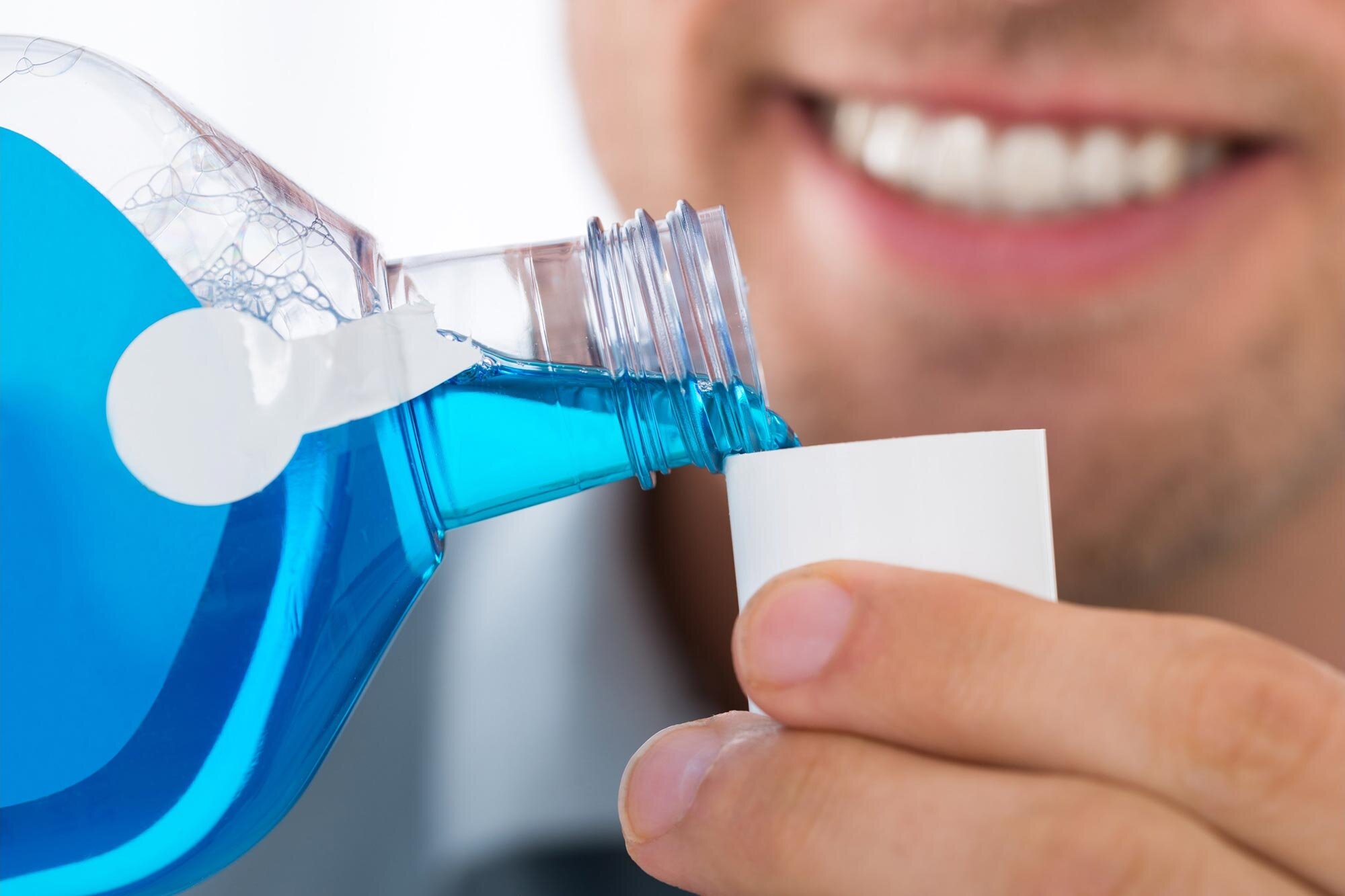With trends like selfies and instant photo-sharing, everyone wants to look more beautiful. Dressing, makeup, and stylish poses are some factors that make you look fantastic. But your smile is something that enhances your overall appearance and spreads positive vibes.
If you have that perfect smile, it is the most beautiful gift given to you. But if you don't have a photogenic smile, fortunately, you can correct it with the aid of specific oral treatments and procedures.
This article will comprehensively give you an insight into those effective oral treatments and procedures. Check them out below!
Teeth Whitening
Teeth play the most crucial role in making your smile either beautiful or ugly. If you have white and bright teeth, you can have that photogenic smile. But, if your teeth are yellow and stained, it will spoil the beauty of your smile and entire appearance.
A teeth whitening treatment or procedure is effective in removing paleness and stains from your teeth. Many teeth-whitening treatment options are available in modern dentistry, including in-office and at-home teeth whitening. However, in-office whitening treatments are relatively a better option to get a whiter and brighter smile shortly.
In an in-office whitening treatment, you first need to book your appointment with your dentist. On your appointment day, a specialized dentist first takes your dental examination and decides which whitening treatment fits perfectly to your dental condition.
In most cases, dentists prefer teeth bleaching as it is the safest and most effective teeth whitening treatment. If your dentist goes with teeth bleaching, you will have to visit the dental office multiple times in short intervals to get rid of your yellow and stained teeth completely.
Once you have no stains and yellowness left on the surface of your teeth, you can have that camera-ready smile. And then, you will be pleased to share your pictures with your friends.
Dental Bonding
Your teeth have a natural look. When they lose their natural look, your smile automatically fades.
An unhealthy diet and certain bad oral habits are the most significant reasons your teeth gradually lose their natural look. Getting it back is quite challenging, but it is possible with dental bonding. A dental procedure in which a dentist applies a tooth-colored resin on the tooth surface hardens it with a lighting effect, ultimately bonding it to the tooth.
Dental bonding is a part of cosmetic dentistry. It focuses on revealing the natural look of your teeth and improves your smile aesthetic. It is another effective way to get a vibrant smile.
Veneers
The dental veneers act pretty similarly to dental bonding, but they are a bit different. They are thin and tooth-colored shells used to cover the front surface of teeth, improving the entire dental aesthetic.
These shells are custom-designed veneers that significantly differentiate your teeth' color, shape, and size. They are also effective in treating close gaps, chipped and cracked teeth, and permanent stains. If you have any of these dental problems, dental veneers may prove effective for you.
Dental Crown
Broken and knocked-out teeth create visible gaps between your teeth, spoiling the beauty of your smile. Fortunately, modern dentistry has dental crown treatment to treat them.
A dental crown is an artificial cap or upper part of a tooth that is visible when you smile or open your mouth. It is made of different materials, like porcelain and metal. It fills the gap created due to broken or knocked-out teeth and corrects your teeth' alignment. It also helps replace your missing tooth and perfect your facial alignment and smile.
Braces And Invisalign
Misaligned, crooked, and crowded teeth are some disturbing elements to the aesthetic of your smile. If you want to get rid of these orthodontic problems, traditional dental braces and Invisalign are the best options for you.
These two are orthodontic tools or techniques focusing on correcting your teeth' alignment. The traditional dental braces are metal-made aligners worn on the surface of your teeth and interchanged every few weeks. They effectively give you straighter and perfectly aligned teeth, but you may face specific problems during your treatment periods, such as intense pressure on your teeth and scratches on your gums and lips.
Invisalign is relatively a better option compared to dental braces. They are transparent aligners, easy-to-wear, and practical to correct your teeth' alignment shortly. However, before choosing Invisalign treatment, make sure you consult with your Invisalign TX expert. He/she will advise you what the best option for you is.
Daily Dental Care Practices
Daily dental care practices like brushing your teeth and flossing dental maintain your teeth' whiteness and brightness. If you don't follow these practices properly, yellow & stained teeth, tooth decay, and other oral health problems may occur. These problems can disturb the beauty and integrity of your smile.
If you want to avoid these things, make sure you regularly follow all the essential dental and oral healthcare practices.
Avoid Bad Oral Habits
Consuming alcohol or tobacco-containing products, taking edibles high in sugar, and smoking are harmful to your overall oral health. These bad oral habits can cause many different oral health problems, such as dark and stained teeth, dental infection, and tooth cavity. These oral health problems can spoil your smile, so you should avoid them as much as possible.
Conclusion
Your smile is a precious gift given to you. You may lose its natural beauty and impact due to various reasons, but you need not worry. All the dental treatments, procedures, and preventive care steps we have comprehensively explained in this article effectively correct your smile. Consult your dentist before selecting any of these dental treatments.






